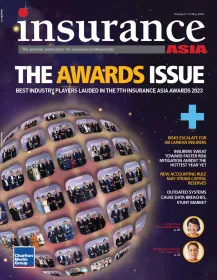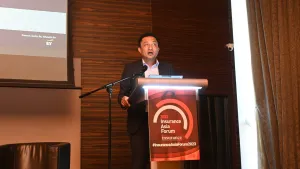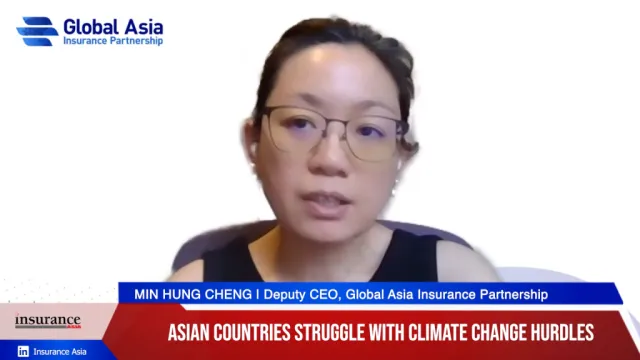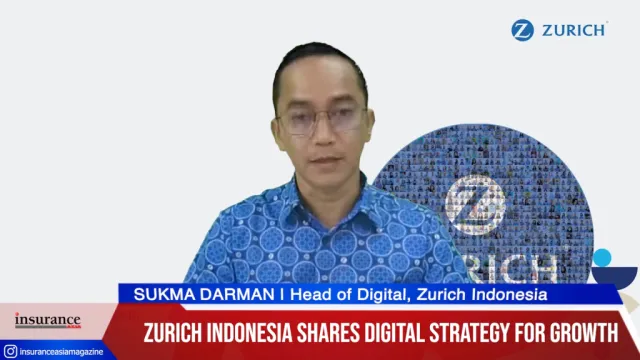
Tokio Marine & Nichido Fire Insurance face natural catastrophe risks: Moody’s
The insurer is expected to maintain its strong capitalisation and market position.
Japanese insurer Tokio Marine & Nichido Fire Insurance (TMNF) is expected to sustain its very strong capitalisation, keep a strong market position, and benefit from favourable geographic diversification in the coming 12-18 months, Moody’s said.
Despite its strengths, TMNF faces challenges due to its significant exposure to high-risk assets. Additionally, the company has considerable exposure to gross natural catastrophe risk.
However, TMNF has implemented comprehensive reinsurance arrangements and global diversification strategies to mitigate these risks to some extent.
Moody's also described TMNF to have a robust internal capital generation whilst it manages its capital at the holding company level.
The economic solvency ratio (ESR) of its parent, Tokio Marine Holdings (TMHD), declined to 124% as of the end of March 2023 from 128% a year earlier, mainly driven by an increase in market volatility such as wider credit spreads.
Nonetheless, Moody's evaluates this ESR level as very strong given the insurer's very conservative approach to evaluating its ESR at a 99.95% confidence level.
Expectations of the insurer to maintain strong capitalisation through prudent risk management, solid internal capital generation and continued divestment of equity holdings while keeping its ESR within the target range of 100%-140%.
ALSO READ: Soh Yeow Liang joins Tokio Marine Life Insurance SG
A gradual recovery is seen on the horizon for its domestic fire line profitability, which will help counteract the impact of rising reinsurance costs. This will support a modest improvement in underwriting profitability overall.
TMNF's geographically diversified business model will remain a key factor in supporting the stability of its capital. However, it's essential to note that TMNF's overseas expansion does introduce new risks, particularly related to natural catastrophes and speciality risks in those regions.
Additionally, the insurer faces gross natural catastrophe risk from domestic typhoons and floods.
Coincidently, TMNF has implemented a comprehensive reinsurance program and global diversification strategy, which significantly mitigates the impact of natural catastrophe risks.
Nevertheless, the net natural catastrophe risk exposure remains sizeable, leading to some level of volatility in the company's profitability.











 Advertise
Advertise












